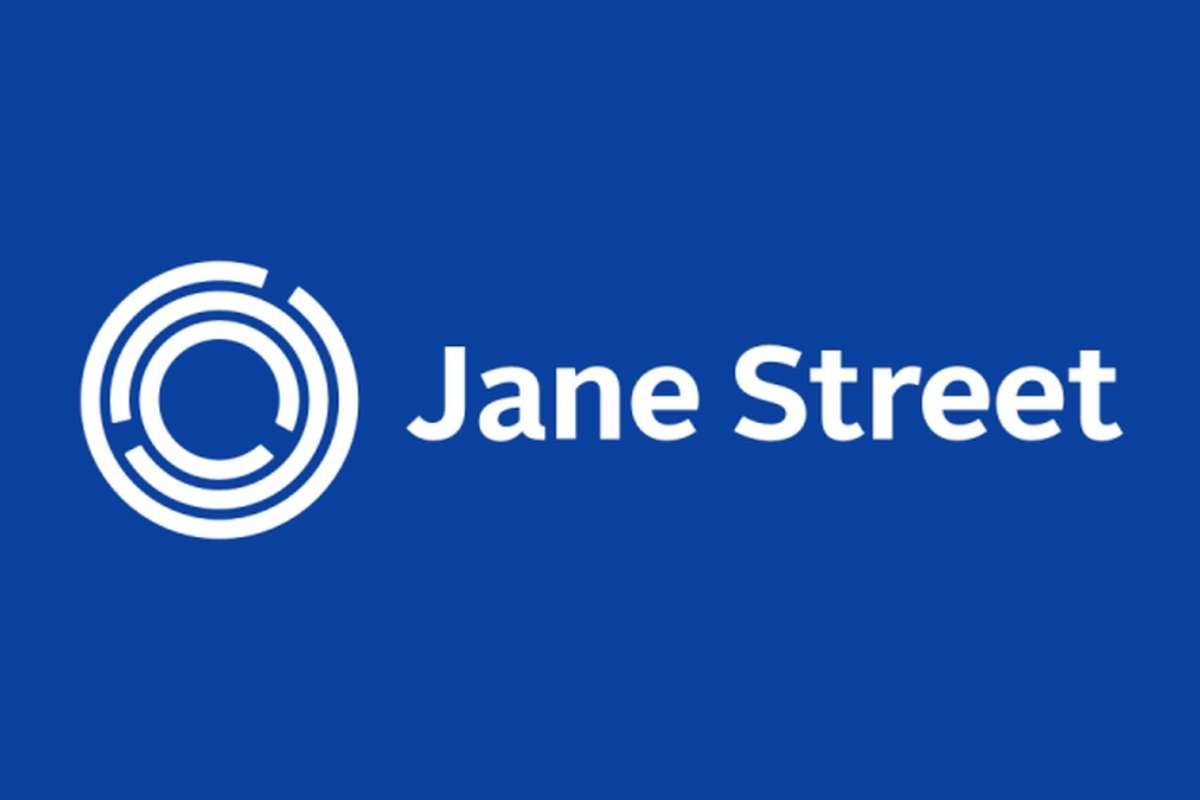India’s capital markets regulator, the Securities and Exchange Board of India (SEBI), has issued a landmark Jane Street India Ban, accusing it of market manipulation involving index derivatives and banking stocks. The enforcement order, spanning 105 pages, alleges that Jane Street orchestrated a “pump-and-dump” scheme on January 17, 2024.
According to SEBI, the firm accumulated large positions in banking stocks to artificially inflate the Bank Nifty index, only to offload them shortly after and profit massively from a reverse bet via derivatives.
The regulator has not only barred Jane Street from Indian markets under the Jane Street India Ban, but has also frozen over $567 million of its assets. Jane Street, known for its low-profile yet high-volume algorithmic trades, has denied any wrongdoing, arguing that it was engaged in standard index arbitrage. However, this hasn’t deterred India’s tax authorities, which are now reportedly investigating possible violations of the General Anti-Avoidance Rules (GAAR) and the firm’s permanent establishment status in India.
Market Repercussions and NSE Valuation Hit
SEBI’s Jane Street India Ban has had immediate ripple effects on India’s derivatives markets. Bank Nifty options, a core product for both retail and institutional traders, saw volumes crash by nearly 50% in the days following the ban. Market participants pulled back amid growing uncertainty, with many citing regulatory caution and disrupted liquidity pipelines. The drop marked the lowest option turnover India has seen in over four months.
The fallout has also affected India’s National Stock Exchange (NSE), the country’s largest bourse, which is preparing for a long-awaited IPO. Analysts at Bloomberg noted that the valuation of NSE, previously pegged at around $69 billion, has taken a visible hit, slipping by approximately 10% in the secondary market. The NSE, which had positioned itself to rival global counterparts like Nasdaq and Deutsche Börse, now faces intensified scrutiny, potentially delaying its listing and inviting deeper regulatory reforms.
Global Implications and the Road Ahead
The Jane Street controversy has prompted a broader conversation on the role of proprietary and high-frequency traders in emerging markets. Analysts and regulators alike are now questioning how opaque arbitrage strategies operate in markets with lower liquidity and higher retail participation. The Economist called the ban a warning shot, suggesting other global firms may soon face similar scrutiny.
Prominent figures in the trading world have weighed in. Alex Gerko, founder of rival firm XTX Markets, publicly criticized Jane Street’s actions, claiming their profits “stank very badly.” He added that such scale-driven manipulation risks undermining market integrity. Meanwhile, retail investors, many of whom suffered substantial losses during the FY 2024–25 trading cycle, view SEBI’s action as a long-overdue attempt to level the playing field.
As Jane Street prepares to challenge the Jane Street India Ban, India finds itself at the center of a global debate on financial regulation. The outcome of this dispute may well define the boundaries of acceptable trading behavior in modern, algorithm-driven markets and could shape how emerging economies balance innovation with investor protection.
Visit Business Viewpoint Magazine For The Most Recent Information.
Sources:
https://www.ft.com/content/6789512f-8775-450b-b0a6-9d9d0c3716ca








